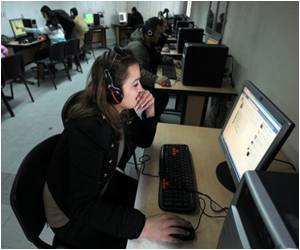
He was speaking at a panel discussion organised by London based Index on Censorship and the Editors Guild of India on the issue at the India International Centre Tuesday evening.
"The government has refused to amend Section 66(A) of the IT Act which is used to curb free speech on the net," said Guild chief TN Ninan who moderated the debate. "The law treats digital media differently than the print media," he said.
Director of Free Speech Debate, Oxford University, Timothy Garton Ash said, "There was no threat to the freedom of speech as internet was actually an opportunity for spreading freedom of expression."
India with the large number of net users could act as swing state between two extremes of China which is trying to control the net and the US which champions free speech, he said.
"The question is what are the legitimate limits of free speech rather than asking for unlimited speech," said Ash.
Advertisement
He said the internet was not so democratic as it sounded as the actual numbers of users who posted content on Facebook were just 8-9 million while the rest just watched. The same was with Twitter with just 7-8 percent users actually posting messages.
Advertisement
"The risks of such controls are that we could have a much more controlled, censored and fragmented internet," she said.
Ramanjit Singh Chima of Google India stressed on the need to have laws to protect internet freedom as such curbs affected livelihood of many users and contributed to local economies.
He said the internet allowed people to instantly collaborate and publish critical information during emergency situations.
Source-IANS









